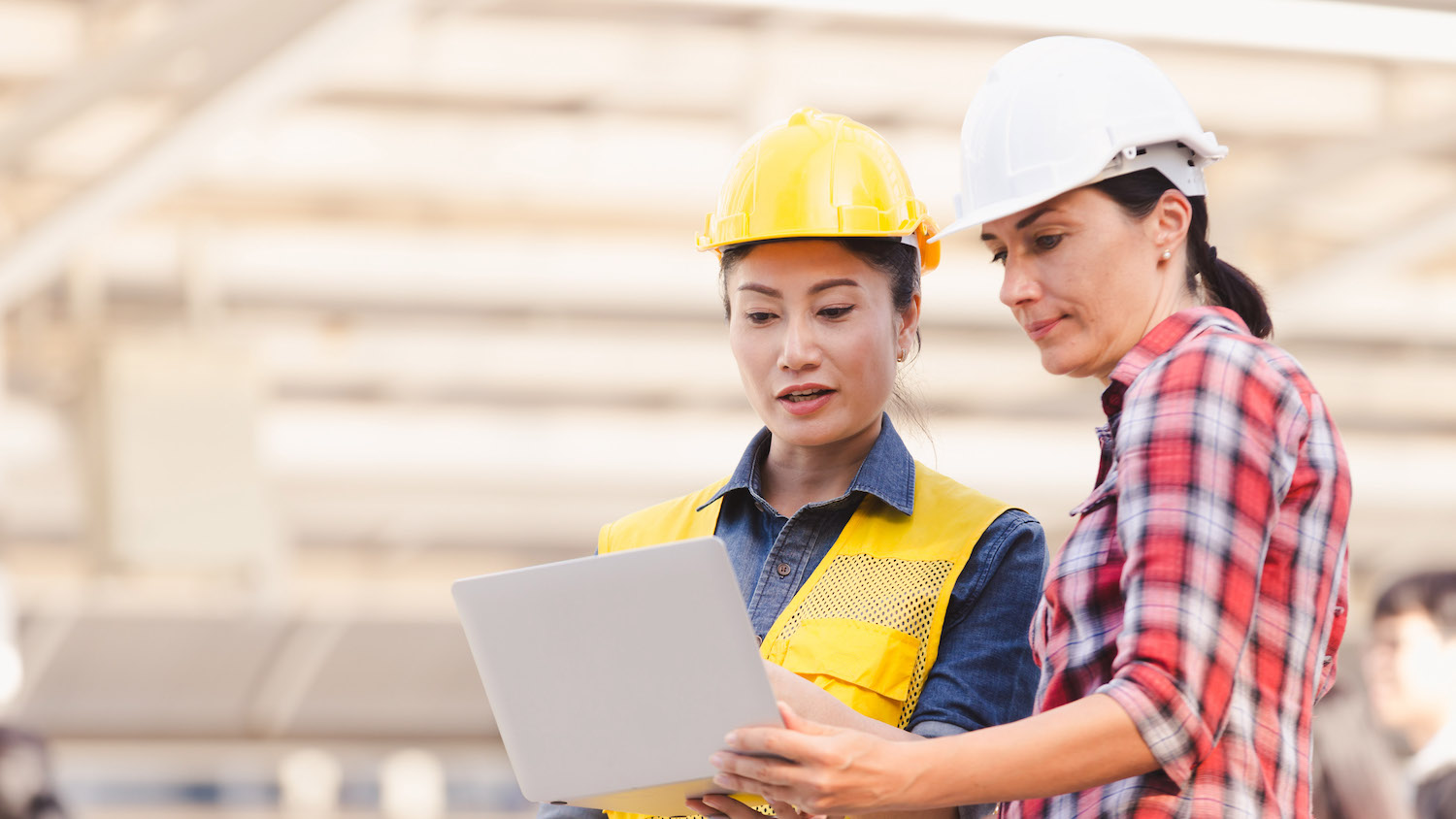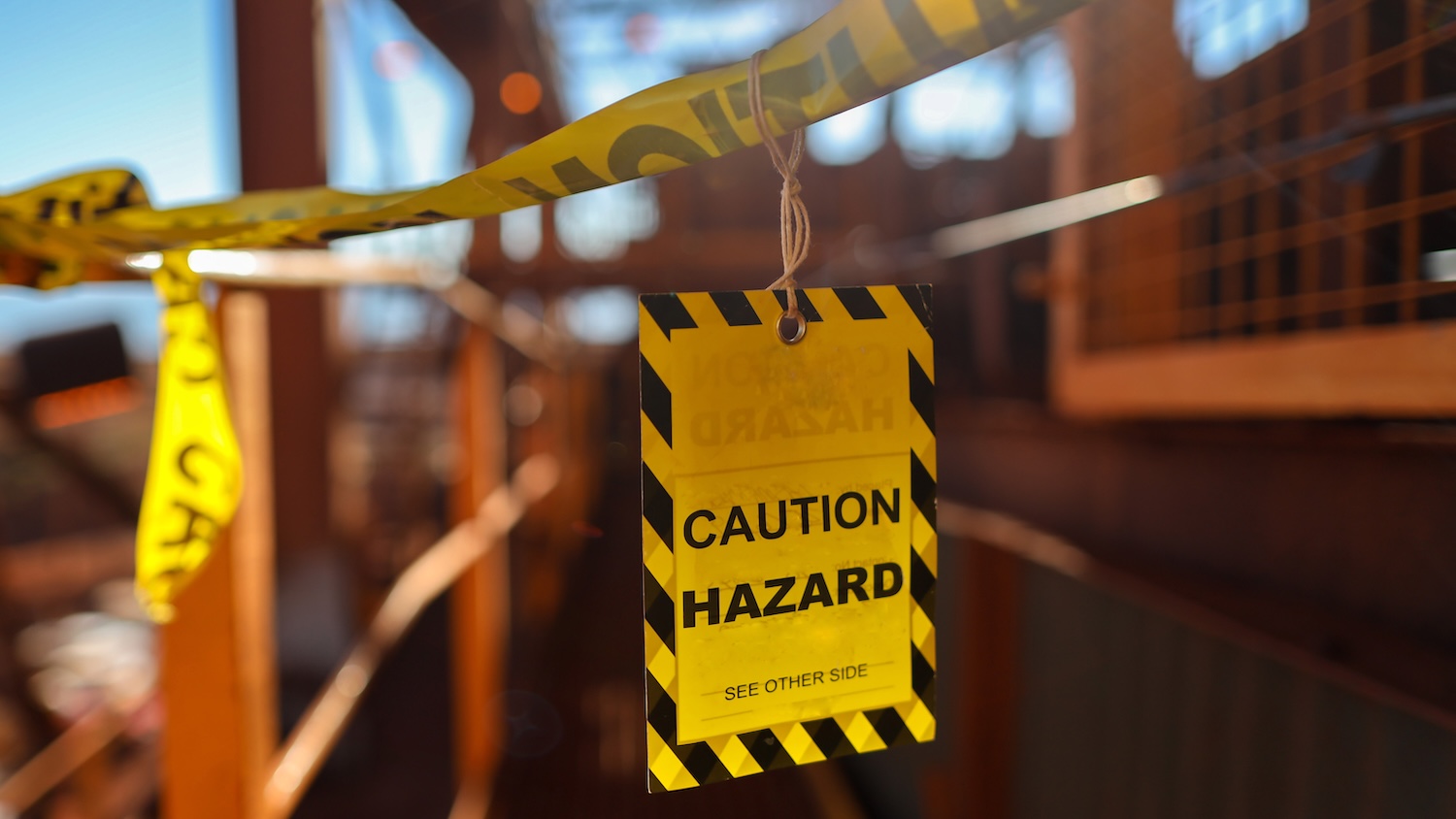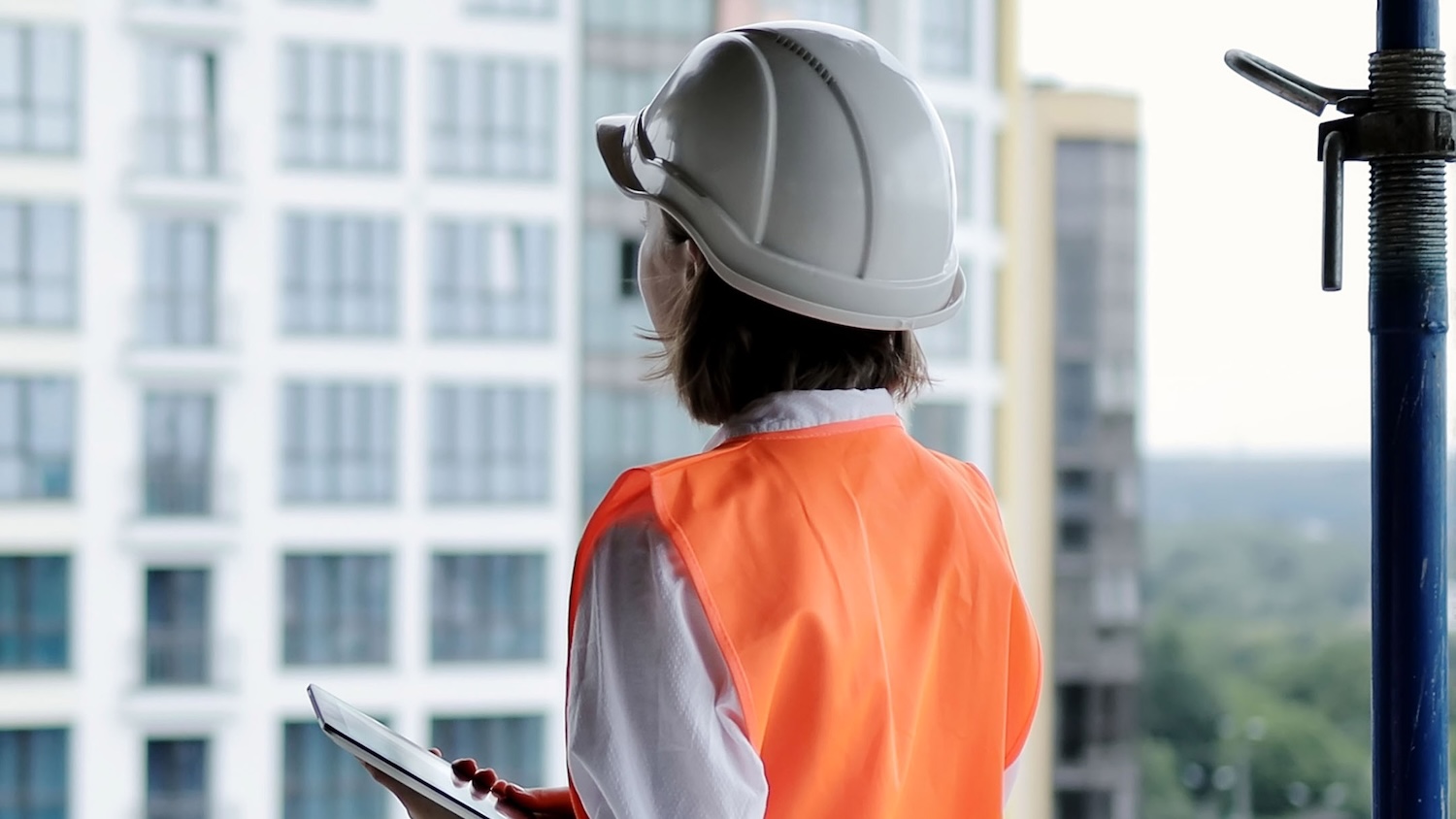
How to promote equity in construction
With equity as the theme for International Women’s Day 2023, Lucy Dixon, product manager for the CHAS Fairness, Inclusion and Respect Growth Assessment, outlines the steps construction businesses can take to promote equity in the workplace
Before discussing how businesses can promote equity in the workplace, it’s important to understand the distinction between equality and equity.
Equality focuses on treating people equally by ensuring they have the same opportunities and resources. Equity recognises that people’s circumstances vary and treats people differently depending on their needs. Addressing equity is a way to level the playing field and can be vital in achieving equality.
There are several ways that businesses can promote equity in the workplace, including:
Representation
Recruiting more female employees is essential to building a more diverse workforce, but there must also be opportunities for women to grow into leadership and management roles.
Tailored training and resources to ensure women have the same opportunities for advancement, along with female mentorship, can help ensure women are able to chart a path to leadership as effectively as men.
Traditionally, PPE including protective workwear and footwear was designed with men’s bodies in mind. Women were typically offered men’s models in smaller sizes. These products were inadequate because women’s body shapes are different to men’s
The good news is that according to the McKinsey report on diversity and inclusion, companies with 30% more women executives outperform those with a lower level of female executives, so there’s also a strong business case for supporting women’s career development.
PPE that fits
Traditionally, PPE including protective workwear and footwear was designed with men’s bodies in mind. Women were typically offered men’s models in smaller sizes. These products were inadequate because women’s body shapes are different to men’s – for example, women have wider hips and differently shaped feet.
Thankfully, there is now a wide range of PPE and protective workwear on the market designed specifically for the female form. Involving women in the PPE procurement process can help ensure products consider specific needs such as pregnancy, breastfeeding and menopause.
Fair welfare
The CDM Regulations state that women on construction sites should have dedicated sanitary conveniences, which should, as far as is practicable, be kept in a clean and orderly condition. Despite this, inadequate welfare facilities are a common complaint among women in construction.
In November 2022, the HSE published updated Welfare standards for construction to help health and safety inspectors determine whether a site’s facilities are suitable.
Recommendations include ensuring there is suitable means for the disposal of sanitary dressings in toilets used by women; the provision of holders or dispensers for toilet paper; suitable means of cleaning, such as a toilet brush, and the provision of hooks to keep clothing and articles off the floor.
Menopause for thought
The government might have rejected proposals to trial menopause leave and to incorporate menopause as a specific protected characteristic of the Equality Act 2010, but firms should not ignore menopause.
There has been a rise in the number of employment tribunals involving the menopause. Discriminating against women because of their sex and age can be seen as sexual harassment.
While not a legal requirement, a menopause policy is a good idea for businesses that want to show they are taking the issue seriously.
Policies should focus on increasing awareness of how women can be affected by menopause – which can vary considerably between individuals – and ensuring policies such as work-from-home and sickness-absent policies take menopause into account.
Employers can also take part in The Menopause Workplace Pledge, which was launched in 2021 by Wellbeing of Women and calls on every employer to provide menopause support.
Commit to continuous improvement
As with equality, diversity and inclusion, a commitment to continuous improvement in promoting equity is a hallmark of a responsible employer. The CHAS FIR growth assessment offers businesses a way of measuring their current performance around equality, diversity and inclusion through third party accreditation, while setting out a roadmap for continuous improvement.
The assessment is based on the Supply Chain School’s Fairness, Inclusion & Respect Growth Assessment tool.
Lucy Dixon is product manager for the CHAS Fairness, Inclusion and Respect Growth Assessment.






